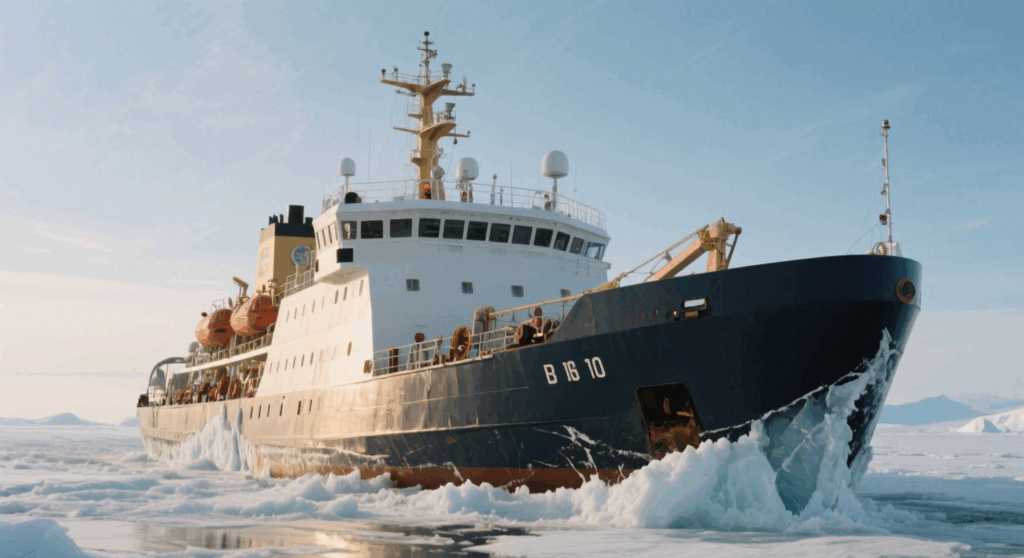Table of Contents
Choosing the right China forwarder agent can determine the success of your import business. While a general forwarder provides logistics support, a forwarder agent acts as your direct representative in China—communicating with suppliers, booking cargo space, managing customs documentation, and coordinating last-mile delivery.
For importers who are far away from Chinese ports and factories, a reliable China forwarder agent bridges the gap, ensuring efficiency, transparency, and compliance. This guide explores what a forwarder agent is, what they do, how they perform in different modes of transportation, the essential terms to know, differences across countries, expert advice to avoid problems, and three real-world case studies with cost details.
What is a China Forwarder Agent?
A China forwarder agent is a locally based logistics partner who manages shipping tasks on behalf of foreign importers. Unlike global carriers, forwarder agents specialize in hands-on, local support.
- Local Expertise: Familiar with Chinese ports, suppliers, and customs.
- Flexibility: Can handle both small LCL shipments and full FCL containers.
- Representation: Acts as your agent when you cannot be physically present.
- Cost Savings: Negotiates better rates with carriers.
📌Example: An importer in Canada buying clothing from Guangzhou can rely on a forwarder agent in Shenzhen to book space, consolidate cargo, and ensure export compliance.
What Does a China Forwarder Agent Do?
- Supplier Coordination – Pickup and warehouse storage.
- Booking Freight – Reserve space with ocean carriers and airlines.
- Customs Declarations – Prepare export paperwork in China.
- Consolidation Services – Combine LCL cargo from multiple suppliers.
- Local Trucking – Move cargo to port or airport.
- Destination Coordination – Work with overseas agents for smooth delivery.
Forwarder agents often work as extensions of overseas freight forwarders, providing on-the-ground support.
Role in Different Modes of Transportation
| Mode | Forwarder Agent’s Role | Transit Time | Cost Range | Best Use |
|---|---|---|---|---|
| Sea Freight | Handles FCL/LCL bookings, export docs | 20–40 days | $2,000–$6,000 per 40HQ | Bulk goods |
| Air Freight | Manage AWB, airport delivery | 3–7 days | $5–$8 per kg | Urgent shipments |
| Rail Freight (China–Europe) | Books train space, inland trucking | 15–20 days | $6,000–$8,500 per 40HQ | Machinery |
| Courier (UPS/DHL/FedEx) | Local drop-off, customs support | 4–8 days | Variable | Parcels/e-commerce |
Relevant Terms and Conditions
- FOB (Free On Board) – Seller delivers goods to port; forwarder agent books freight.
- DDP (Delivered Duty Paid) – Agent arranges duties and delivery at buyer’s warehouse.
- FCL vs. LCL – Full vs. shared container load.
- Demurrage/Detention – Fees for container delays.
- HS Codes – Crucial for correct customs clearance.
Performance Differences by Country
| Destination | Avg. Transit Time (Sea) | Key Challenges | Forwarder Agent Advantage |
|---|---|---|---|
| USA | 20–28 days | Strict ISF filing | Agent ensures early filing & customs docs |
| EU (Germany, UK) | 28–35 days | VAT + EORI compliance | Agent pre-files VAT docs |
| Africa (Nigeria, Ghana) | 35–40 days | Port congestion | Local brokers arranged |
| Australia | 18–22 days | Biosecurity inspections | Documents pre-cleared |
| Middle East (UAE, KSA) | 18–22 days | Few restrictions | Smooth customs clearance |
How to Avoid Common Problems with Forwarder Agents
- “Always verify if the agent is licensed or certified,” says TopChinaFreight consultants.
- Request written quotations with all surcharges listed.
- Confirm how many free storage/port days are included.
- Work with forwarder agents that have overseas partners for seamless delivery.
- Avoid hidden costs by reviewing BAF, CAF, THC charges upfront.
Real-World Case Studies
Case 1: China → USA (Los Angeles, Furniture via Sea)
- Goods: Furniture (40HQ)
- Unit Price: $400
- Total Value: $80,000
- Mode: Sea freight (FCL)
- Route: Ningbo → Los Angeles
- Cost Breakdown:
- Ocean Freight: $3,400
- Customs Filing: $450
- Destination Handling: $900
- Trucking: $1,150
- Total: $5,900
- Transit Time: 23 days
- Outcome: ISF filing handled by agent avoided fines.
Case 2: China → UK (London, Electronics via Air)
- Goods: Smartphones (1200 units)
- Unit Price: $260
- Total Value: $312,000
- Mode: Air freight
- Route: Shanghai → London Heathrow
- Cost Breakdown:
- Air Freight: $5.70/kg × 1,800 kg = $10,260
- Insurance: $600
- Duties & VAT: $5,800
- Delivery: $1,300
- Total: $17,960
- Transit Time: 5 days
- Outcome: On-time delivery for holiday sales season.
Conclusion
A China forwarder agent is more than just a logistics provider—they act as your local representative in China, ensuring seamless communication, compliance, and cargo movement. By leveraging their local expertise and global networks, businesses can save costs and avoid customs pitfalls. Partnering with an experienced forwarder agent, such as TopChinaFreight, guarantees smoother and safer international trade.
- Consult TJ China Freight Forwarding for the lowest quote. They will provide you with reliable, cost-effective service.
FAQ:
Q1.What is the difference between a forwarder and a forwarder agent?
Agents are your local representatives in China, while forwarders manage the global logistics chain.
Q2.Can a forwarder agent book both sea and air freight?
Yes, most agents handle multiple transport modes.
Q3.What certifications should a forwarder agent have?
FIATA, NVOCC, or Chinese freight licenses.
Q4.How do forwarder agents charge fees?
Either flat handling fees or a percentage of freight costs.
Q5.Can forwarder agents help with customs clearance abroad?
Yes, through overseas partners and broker networks.




